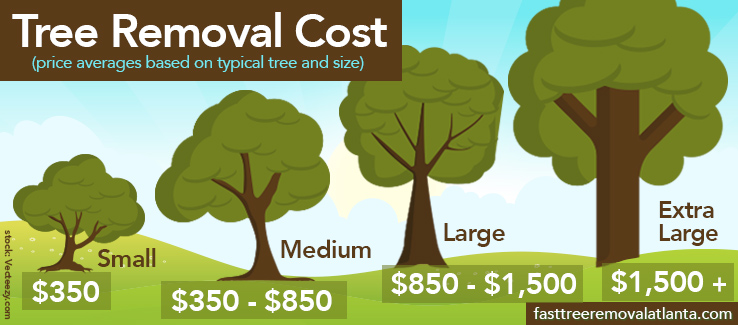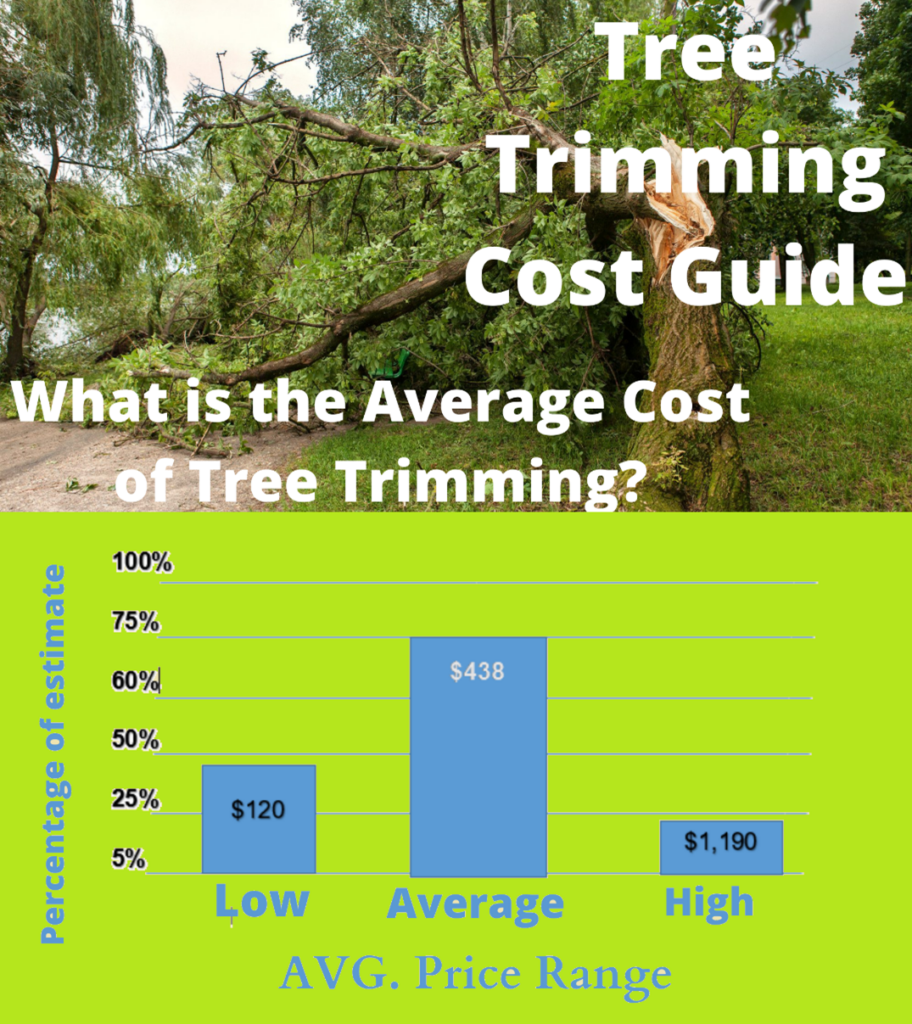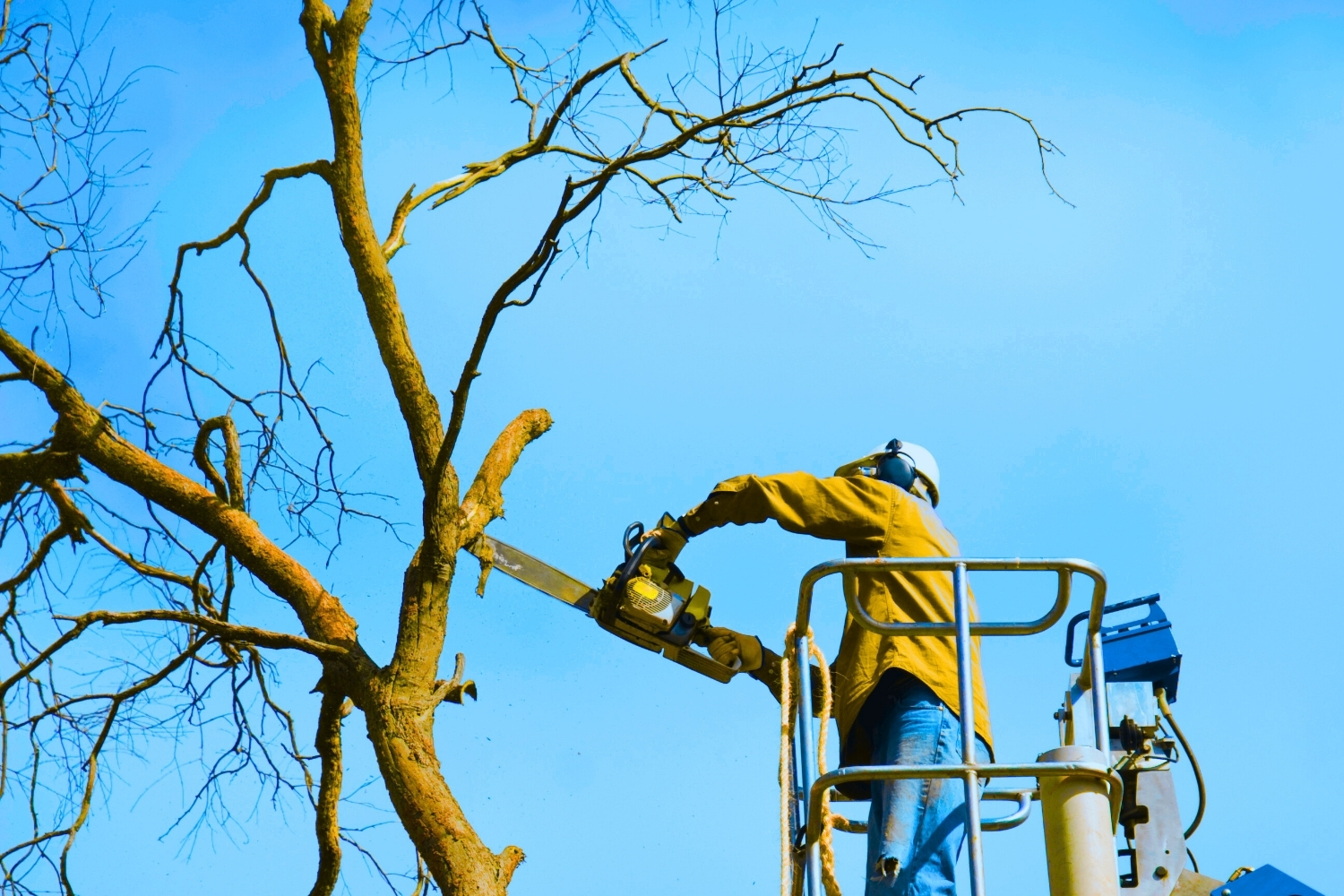Featured
Table of Contents
- – Sidney, MT Tree Service Reviews And Pricing
- – Sidney, MT Tree Service Fees: What To Know
- – New Customer Tree Cutting Deals In Sidney, MT
- – Sidney, MT Tree Clearing: Financing Plans
- – Sidney, MT Stump Grinding Installation Rate S...
- – Commercial Tree Removal Costs In Sidney, MT
- – Sidney, MT Tree Trimming Payment Options
- – Highly-Rated Arborist In Sidney, MT: Pricing
- – What Will A Tree Service Cost Me In Sidney, ...
- – Sidney, MT Arborist: Project-Based Pricing
- – Sidney, MT Tree Trimming Quotes: What To Exp...
- – Sidney, MT Tree Service Customization Costs
- – Sidney, MT Tree Service Price Guide 2025
- – Low-Cost Tree Cutting In Sidney, MT
- – Sidney, MT Arborist: Package Deals

The subsections below offer more comprehensive information about pricing, consisting of a typical range for each. TypeAverage Elimination CostPineConiferPalmMagnoliaArborvitaeAshCedarSweet GumEucalyptusSycamoreCypressOakMaplePoplar You can anticipate to pay between to remove a pine, depending upon its size. Removing a pine is among the more affordable jobs unless it is one that has actually been around for many years and is quite large.
Sidney, MT Tree Service Reviews And Pricing
Pines likewise have a tap root that grows deep into the soil, which can show to be more hard to eliminate. The procedure itself includes a professional cutting the tree, clearing the base, cutting the surface roots, eliminating the stump, and finally dealing with the soil. Without an expert hand, you run the risk of leaving pine seedlings behind, which will fall from the roots of distressed pines.
Sidney, MT Tree Service Fees: What To Know
The U.S. national average for conifer removal is around to have the conifer cut down, carried away, and the stump ground or gotten rid of totally. Conifers are usually much easier to eliminate, and although they can grow rather high, they do not cost a fortune to eliminate. Conifers consist of pine, spruce, fir, and juniper trees.
New Customer Tree Cutting Deals In Sidney, MT
While conifers are stunning, they eliminate native plants and particular types of grass (tree trimming). The typical cost of palm elimination depends on the height as much as the type, varying from.
Sidney, MT Tree Clearing: Financing Plans
That is why it is necessary to know which type you are removing. While you do not need an herbicide to eliminate a palm tree, there are some actions your removal specialist will need to require to guarantee the task is done correctly. There are 2 methods they can get rid of them: by slicing them down or digging them up.
Sidney, MT Stump Grinding Installation Rate Sheet
This is since small animals like rats and scorpions often live in them. Plus, many types will have spikes, too. From there, they get rid of the actual tree and then the stump. Expect to pay between to eliminate this type of tree, depending on the specific size and information of the task.
Commercial Tree Removal Costs In Sidney, MT
There are three types: green, white, and black ash. With its gray-tinged bark, its leaves are green or purple in the spring and golden yellow or purplish-red in the fall.
Sidney, MT Tree Trimming Payment Options

The bark is softer, and it blooms later in the year - tree trimming. Due to the variation in height, the elimination cost variation is large from. A coniferous, evergreen tree, the cedar is a sturdy types. Real cedars delight in greater elevations, generally in the Himalayas and the Mediterranean. A real cedar can grow as high as 160 feet in height and is typically planted in the United States as a landscape option.
Highly-Rated Arborist In Sidney, MT: Pricing
The growth of incorrect cedars varies from 50 feet up to 230 feet high. With star-shaped leaves and sensational fall colors, the sweet gum is thought about a medium to large tree.
What Will A Tree Service Cost Me In Sidney, MT?
Typically, it costs in between to eliminate a eucalyptus. Eucalyptus are not typical everywhere, but they are rather big compared to others, which is why even the smaller ones are so pricey to remove.
Sidney, MT Arborist: Project-Based Pricing
There are a handful of methods to do this, consisting of burning, pulling, grinding, or killing them with herbicide. Expect to pay between to eliminate sycamores, based upon the height, trunk size, and quantity of work included. Sycamores are one of the biggest hardwood trees, generally varying from 60 to 100 feet high and as wide as 15 feet.
Sidney, MT Tree Trimming Quotes: What To Expect
The very first 2 steps will expose the withins of the tree and cut off the flow of nutrients up the trunk. From there, a professional applies herbicide to kill the tree and reduce the trunk. Then, they will kill the stump. Otherwise, new sprouts may grow from it. Reducing and getting rid of a full-grown cypress might cost as much as.
Sidney, MT Tree Service Customization Costs
There are many various types of Cypress trees, but the most prevalent are the Leyland, Arizona, Bald, and Italian. The Bald Cypress grows in swampy or very moist locations while the others delight in a dry, warm, or hot climate (tree trimming). They can grow as high as 80 to 100 feet high
Sidney, MT Tree Service Price Guide 2025

Prone to illness, the Cypress is one of the most treasured woods for furnishings. The average oak grows to around 60 feet, and depending on the intricacy of the elimination, it costs approximately to get rid of. The specific size of your oak and the effort needed to fell it affect what you will in fact pay for elimination together with any extra services like stump grinding.
Low-Cost Tree Cutting In Sidney, MT
Access to the trees and the roots will also affect the general expense. Maples are generally amongst the more costly trees to eliminate since of their size and the work involved in the elimination.
Sidney, MT Arborist: Package Deals
Growing as high as 90 to 115 feet, these massive lumbers are mainly found in North America and include the aspen, cottonwood, and balsam trees. The process to eliminate trees includes all the cutting and cutting of the branches and trunk, bringing it down to a stump.
Table of Contents
- – Sidney, MT Tree Service Reviews And Pricing
- – Sidney, MT Tree Service Fees: What To Know
- – New Customer Tree Cutting Deals In Sidney, MT
- – Sidney, MT Tree Clearing: Financing Plans
- – Sidney, MT Stump Grinding Installation Rate S...
- – Commercial Tree Removal Costs In Sidney, MT
- – Sidney, MT Tree Trimming Payment Options
- – Highly-Rated Arborist In Sidney, MT: Pricing
- – What Will A Tree Service Cost Me In Sidney, ...
- – Sidney, MT Arborist: Project-Based Pricing
- – Sidney, MT Tree Trimming Quotes: What To Exp...
- – Sidney, MT Tree Service Customization Costs
- – Sidney, MT Tree Service Price Guide 2025
- – Low-Cost Tree Cutting In Sidney, MT
- – Sidney, MT Arborist: Package Deals
Latest Posts
Corcoran, MN Stump Grinding Inspection Costs
Athens, GA Tree Removal Costs: Complete Guide
Vista, CA Tree Clearing Cost Analysis
More
Latest Posts
Corcoran, MN Stump Grinding Inspection Costs
Athens, GA Tree Removal Costs: Complete Guide
Vista, CA Tree Clearing Cost Analysis